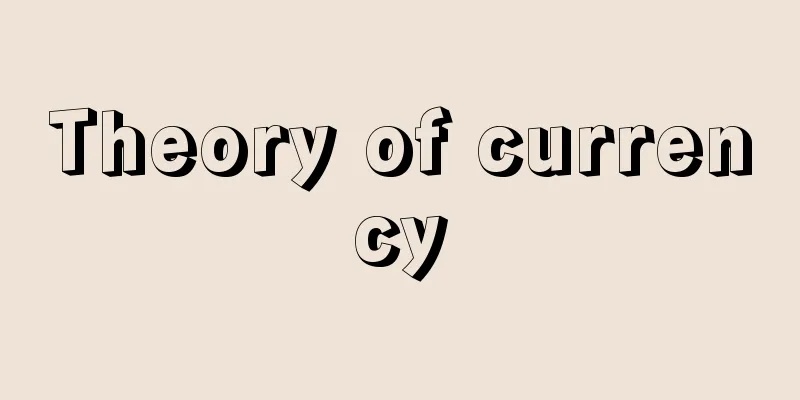Tanaka Fujimaro

|
An educational administrator in the early Meiji period, at the beginning of the education system. His name can also be written as Fujimaro. He promoted the establishment of the first "liberal" education ordinance in 1879 (Meiji 12). He was from Owari Domain. He participated in the domain's loyalist movement, distinguished himself, and in 1867 (Keio 3) became a councilor and advanced into central politics. In 1869, he participated in education administration as a university official. From 1871 to 1873, he was the education director of the Iwakura Mission, investigating the Western education systems and compiling "The Commissioner's Merits". From then on, he promoted reforms based on an educational view that relied on "the people's self-effort" and encouraged it, taught patriotism through intellectual and historical education in schools, and fostered morality through home education. In 1874, he became the Minister of Education and worked to make the theoretical "school system" a reality as the de facto person in charge. He was instrumental in drafting and implementing the First Education Act, which included the organization of school districts by town and village, the election of school committee members, and flexibility in the length of school attendance. He was criticized as an "American-loving liberal" mainly by the Emperor's close associates and local officials, and in 1880 he was transferred to the position of Minister of Justice. He later served as a Privy Councilor and Minister of Justice. [Teruki Morikawa] "The Road to the Imperial Rescript on Education, by Terunori Morikawa, Revised Edition (2011, Sangensha)" [Reference] |©Shogakukan Library "> Tanaka Fujimaro Source: Shogakukan Encyclopedia Nipponica About Encyclopedia Nipponica Information | Legend |
|
明治前期、教育制度草創期の教育行政家。名は不二麿とも書く。1879年(明治12)の「自由主義」的な第一次教育令の制定を推進した。尾張藩出身。同藩の勤皇運動に参加、頭角を現し1867年(慶応3)参与職となり中央政界へ進出。1869年大学校御用掛として文部行政に参画する。1871~1873年岩倉遣外使節団の文部担当理事官として欧米教育制度を調査し、『理事功程(りじこうてい)』を編纂(へんさん)。以後「民衆自奮」に待ち、それを促す漸進的な教育行政観、学校での知育と歴史教育による愛国心教育、家庭教育による道義心の育成という教育観に立つ改革を推進した。1874年文部大輔となり実質上の責任者として空論的な『学制』の現実化に努めた。町村単位の学区編成、学務委員の選挙制、就学期間の弾力化を内容とする第一次教育令の立案・施行に尽力。主に天皇側近グループや地方官から「アメリカかぶれの自由主義者」との批判を浴び、1880年司法卿に転出した。その後枢密顧問官、司法大臣などを歴任した。 [森川輝紀] 『森川輝紀著『教育勅語への道』増補版(2011・三元社)』 [参照項目] |©小学館ライブラリー"> 田中不二麻呂 出典 小学館 日本大百科全書(ニッポニカ)日本大百科全書(ニッポニカ)について 情報 | 凡例 |
Recommend
individual security
...Regionally, the idea of collective security,...
Shadow - Yogo
〘Noun〙 ("You" and "Kou" are th...
Rhododendron reticulatum (English spelling) Rhododendronreticulatum
…[Yoshiharu Iijima]. … *Some of the terms mention...
Omori Shozo
Philosopher. Born in Okayama Prefecture. Graduate...
Housing and Urban Development Corporation
A special corporation established on October 1, 19...
Court noble law - Kugeho
One of the Japanese medieval laws. In the Middle ...
Love of Matačić - Love of Matačić
A conductor from the former Yugoslavia. Born in C...
Urich - Urichigo
...They also once traveled to southern Sakhalin, ...
Friedrich Wilhelm von Steuben
1730‐94 A military officer who served as an office...
Chugan Engetsu
A Rinzai sect monk from the Northern and Southern...
mean aerodynamic chord
…The value that represents the slenderness of a w...
Wagner, M.
… [Isolation theory] The idea that geographical i...
Aigle (English spelling)
…(1) Naiades: Nymphs of springs and rivers. Accor...
Peron, EDde (English spelling)
…His political career seemed over, but on October...
Querinus School - Querinus School
…In this respect, he resembles the British painte...









![Snake [river] - Snake](/upload/images/67cbf80cd5bf7.webp)